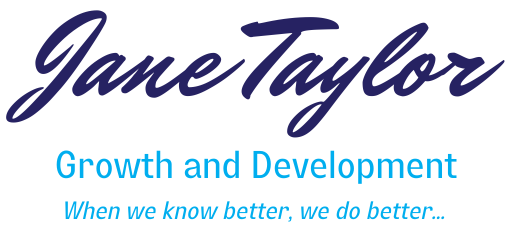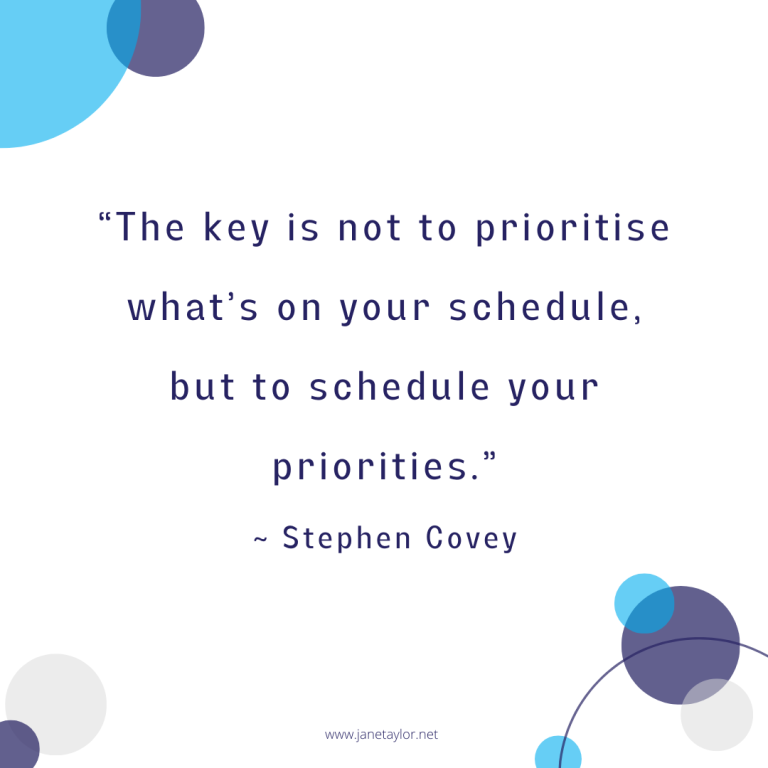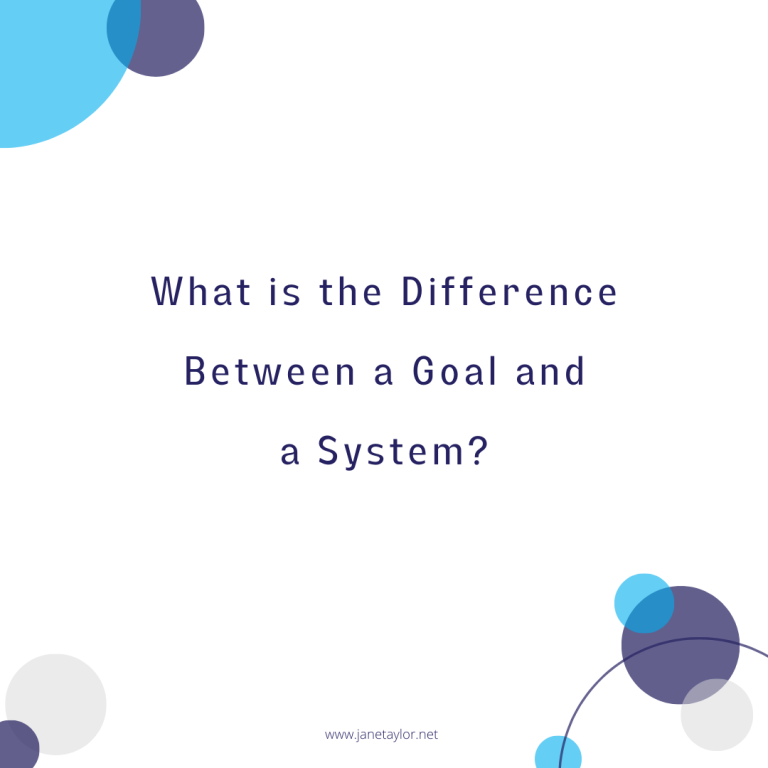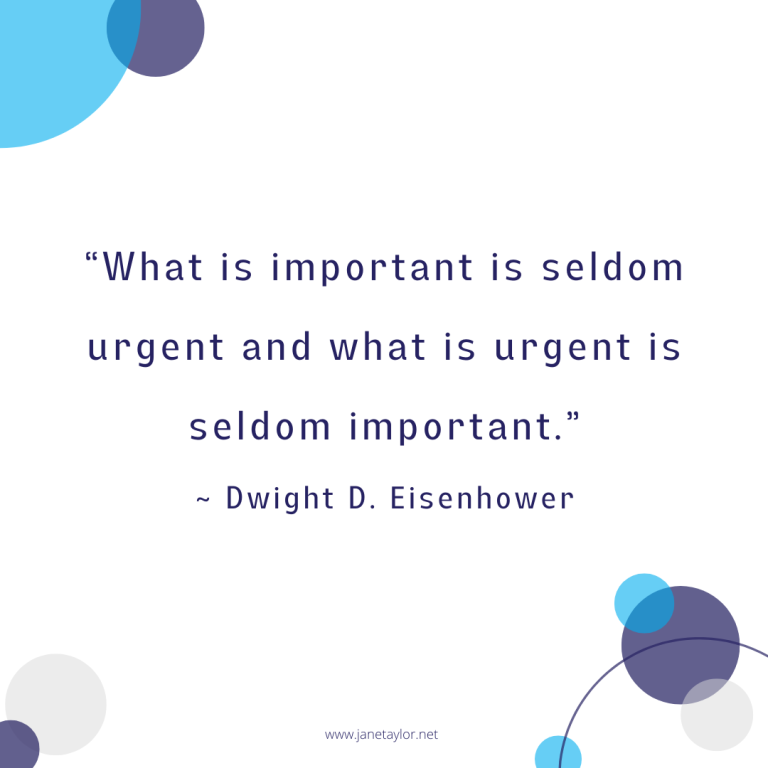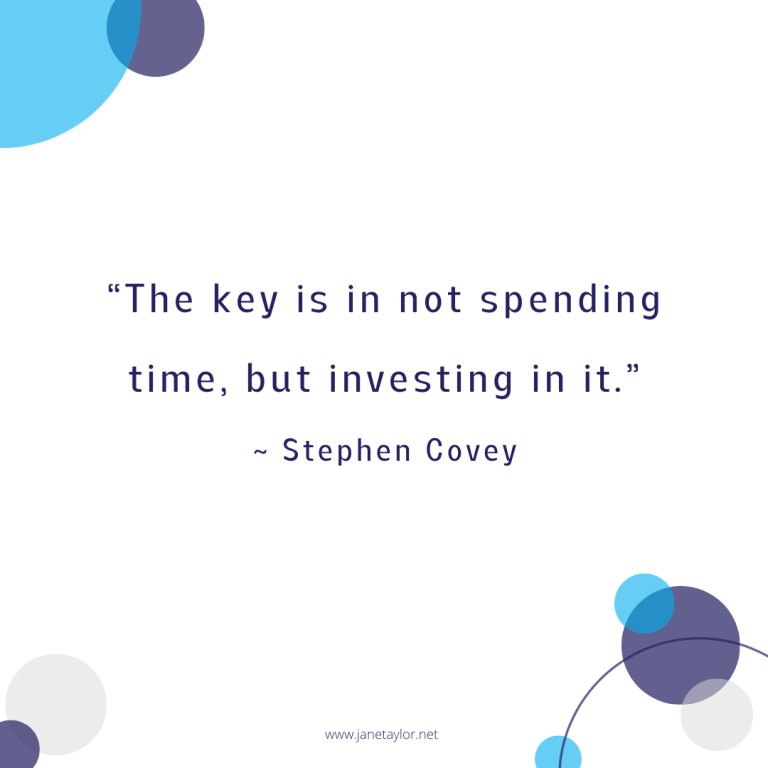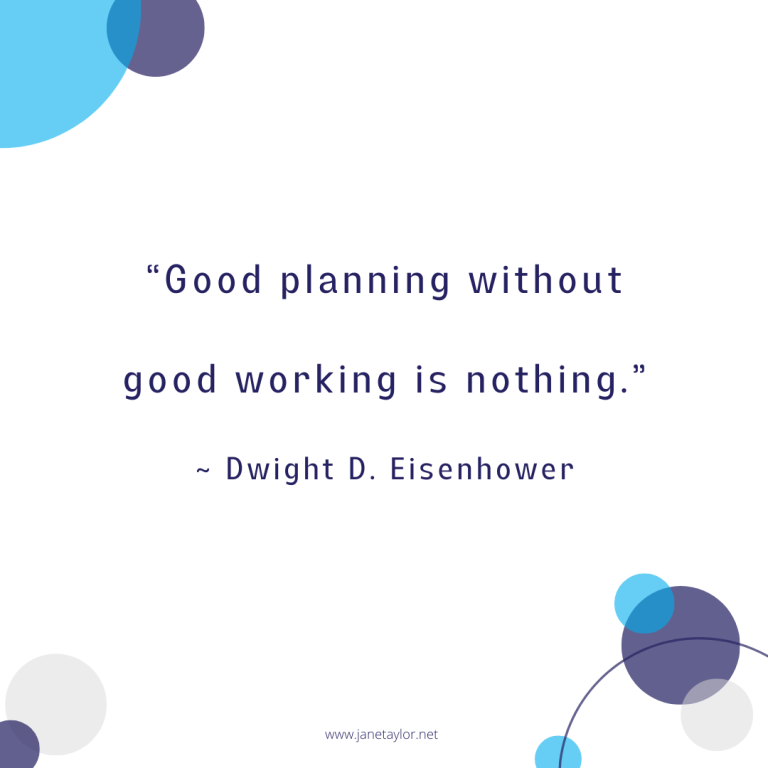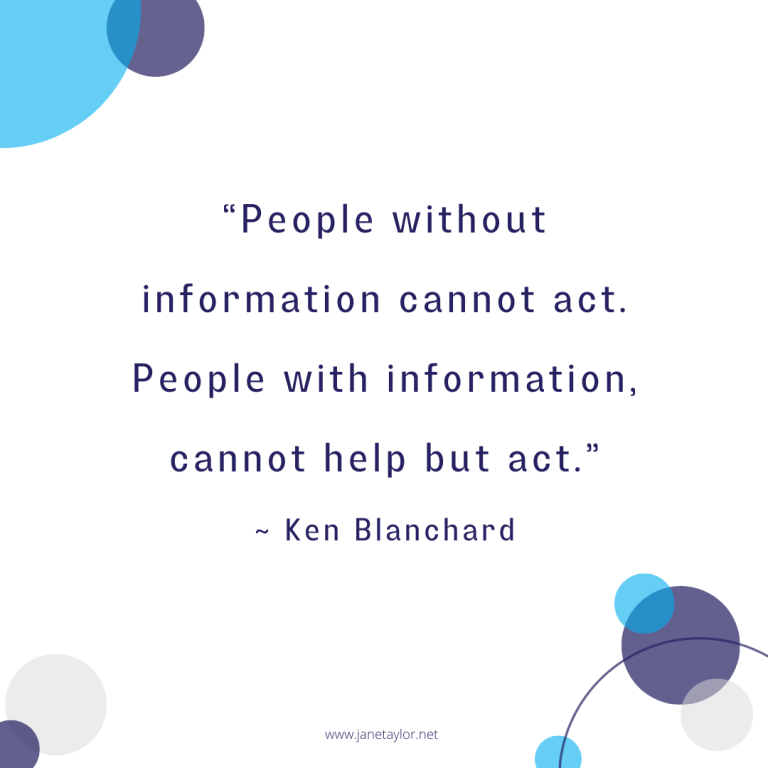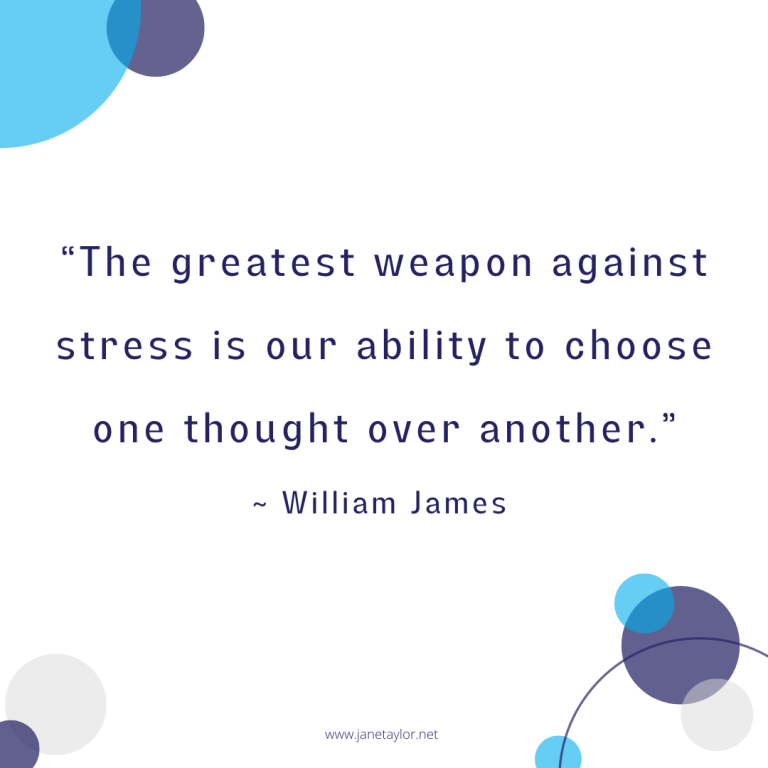Self-Management
Recently I have been talking about priorities a bit as I have also been focusing and paying attention to my own. Priorities have been a big adventure for me and although I still struggle a bit with expressing my needs, I am a lot further along than when I started when I didn’t know that I had them and had…
Read MoreIt is coming up to the end of the quarter and during this time I reflect on the past quarter, discover where I am in each area of my life and start to decide where my focus is going to go in the Next Quarter. I have been doing this practice for about 10 years…
Read MoreRecently I started Lead from Within One thing that comes up when I am coaching clients, is the difference between a goal and a task. So, in this post I wanted to share Let’s get started! What is a Goal? The definitions of goals I discovered were – Generally goals follow the SMART acronym –…
Read MoreDwight D. Eisenhower was the 34th President of the United States and the following quote has been linked to him – “What is important is seldom urgent and what is urgent is seldom important.” This quote led to the Eisenhower Decision Matrix. This week I had a situation where it helped me further clarify the difference between urgent and…
Read MoreAs the year draws to a close, I have been reflecting. Part of my process is looking at the challenges I experienced this year. However, this year I went in to a deeper place this year for the participants decided to untangle the differences between threats and challenges. Yes they both can impact our overall wholistic well-being,…
Read MoreSo today I thought I would share some questions that may help you decide if you need a wholistic self-management system. The reason being a lot of people ask me to coach them is to manage their stress and linked to that is overwhelm. Having a self-management system can help with both of those things. Three Types of People……
Read MoreSo it is that time of the year again, when we start to see an increase in the number of planners on the market. Before you go and purchase one, remember there is a difference between planners, planning and taking aligned action. Yes, clients often ask me about what the best planner is for them.…
Read MoreChange can be challenging (or maybe it is just me?). One thing I am doing more and more over time is measuring and tracking the changes I am making in my personal life, not just in my business / career. Subsequently, today I wanted to share – Let’s get started… What is Measuring and Tracking?…
Read MoreWhen you experience stress, what do you do? Are you conscious of your coping strategies or not? Today on the journal I wanted to discuss coping and the different coping strategies and tools we use to adapt to stress and transform the challenges we experience in life. Because, let’s face it we all experience stress…
Read More